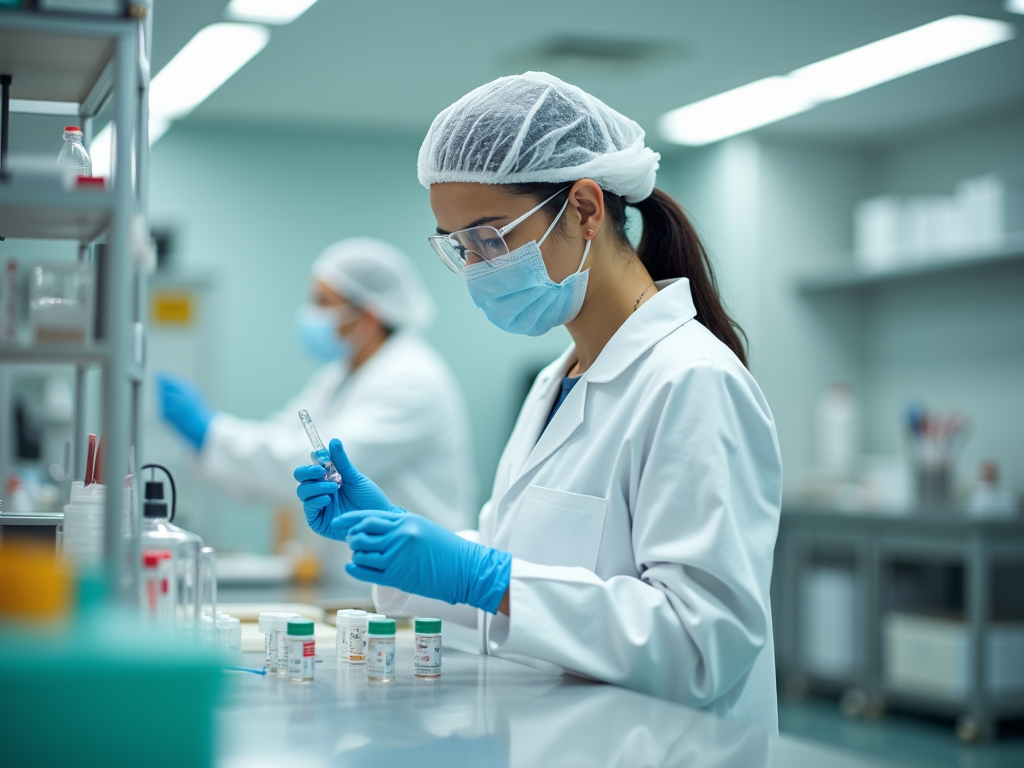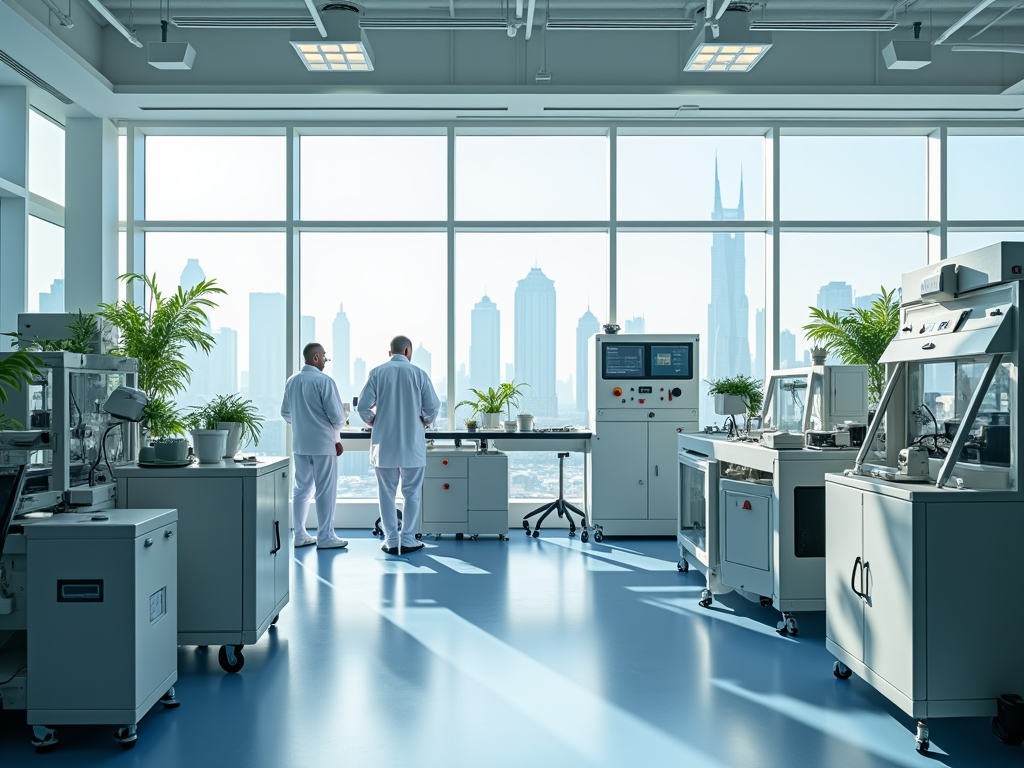Dubai’s pharmaceutical manufacturing sector presents a plethora of investment opportunities driven by a burgeoning healthcare market, strategic geographical location, and favorable government policies. This dynamic environment makes Dubai an attractive destination for investors seeking to tap into the global pharmaceutical landscape. Coupled with a robust regulatory framework aimed at enhancing local production capabilities, the sector is poised for significant growth. This article delves into the investment potential of Dubai’s pharmaceutical industry, exploring key factors that contribute to its attractiveness, the challenges faced, and strategic insights for prospective investors.
The Growth of the Pharmaceutical Sector in Dubai

Dubai has rapidly evolved into a key player in the global pharmaceutical market, thanks to its strategic initiatives and investments in healthcare infrastructure. The increasing prevalence of chronic diseases, coupled with a growing aging population, has propelled the demand for quality medications and healthcare services. As a result, local and international pharmaceutical companies are investing heavily to establish manufacturing facilities in the region. Key aspects contributing to this growth include:
- Government Support: The UAE government has implemented various policies to promote local production, including financial incentives and streamlined regulations.
- Strategic Location: Dubai’s geographical position serves as a gateway between Europe, Asia, and Africa, facilitating easy access to emerging markets.
- Infrastructure Development: Ongoing enhancements in logistics and transportation infrastructure support the efficient distribution of pharmaceutical products.
- Skilled Workforce: The presence of a well-educated and skilled workforce aids in the execution of advanced manufacturing processes.
- Increasing Healthcare Expenditure: With rising investments in healthcare, pharmaceutical production is expected to thrive.
Key Investment Areas in Pharmaceutical Manufacturing

Investors looking into Dubai’s pharmaceutical sector will find several promising avenues to explore. The diversity in healthcare needs and the rising demand for innovative medical solutions highlight specific areas of interest for investment. Some of the key areas include:
- Generic Drugs: There is a growing market for generic medications, which could drive substantial investment opportunities.
- Biopharmaceuticals: With a global shift towards biologics, investing in biopharmaceutical manufacturing can yield lucrative returns.
- Contract Manufacturing: Many pharmaceutical companies are outsourcing production, presenting opportunities for contract manufacturers.
- Research and Development (R&D): Investing in R&D capabilities can lead to the development of innovative products and therapies.
- Medical Devices: The intersection of pharmaceuticals and medical devices offers unique investment opportunities.
While Dubai’s pharmaceutical manufacturing sector is rife with opportunities, potential investors must navigate several challenges. Understanding and mitigating these challenges is crucial for success in the market. Important considerations include:
- Regulatory Compliance: Navigating the regulatory landscape can be complex, requiring a thorough understanding of local and international regulations.
- Market Competition: The entry of numerous players into the market increases competition, necessitating differentiation strategies.
- Supply Chain Management: Ensuring a reliable supply chain is critical, especially for raw materials needed in manufacturing.
- Intellectual Property Issues: Safeguarding innovations through proper intellectual property management is vital in a competitive market.
- Economic Fluctuations: Global economic conditions can impact investment returns and market stability.
Conclusion
Dubai’s pharmaceutical manufacturing sector offers a compelling landscape for investment, characterized by robust growth, government support, and a demand for diverse pharmaceutical products. As the UAE pushes for self-sufficiency in healthcare through investments in local manufacturing, investors have a unique opportunity to capitalize on these trends. However, navigating the challenges of this dynamic industry requires careful planning, market research, and regulatory knowledge. By aligning investment strategies with the growth trajectories of specific pharmaceutical segments, stakeholders can potentially reap significant rewards in this promising region.
Frequently Asked Questions
1. What are the primary drivers of growth in Dubai’s pharmaceutical sector?
The primary drivers include government initiatives supporting local production, a rise in healthcare expenditure, and an aging population necessitating more pharmaceutical products.
2. What specific areas within pharmaceutical manufacturing are most promising for investment?
Key areas for investment include generic drugs, biopharmaceuticals, contract manufacturing, R&D, and medical devices.
3. What challenges should investors be aware of when entering Dubai’s pharmaceutical market?
Investors should be prepared to tackle challenges such as navigating regulatory compliance, addressing market competition, and managing supply chains efficiently.
4. Is there government support available for pharmaceutical manufacturers in Dubai?
Yes, the UAE government provides various incentives, including financial support and regulatory assistance, to promote local pharmaceutical production.
5. How does Dubai’s strategic location benefit pharmaceutical manufacturers?
Dubai’s strategic location offers easy access to key markets in Europe, Asia, and Africa, facilitating trade and distribution of pharmaceutical products.
